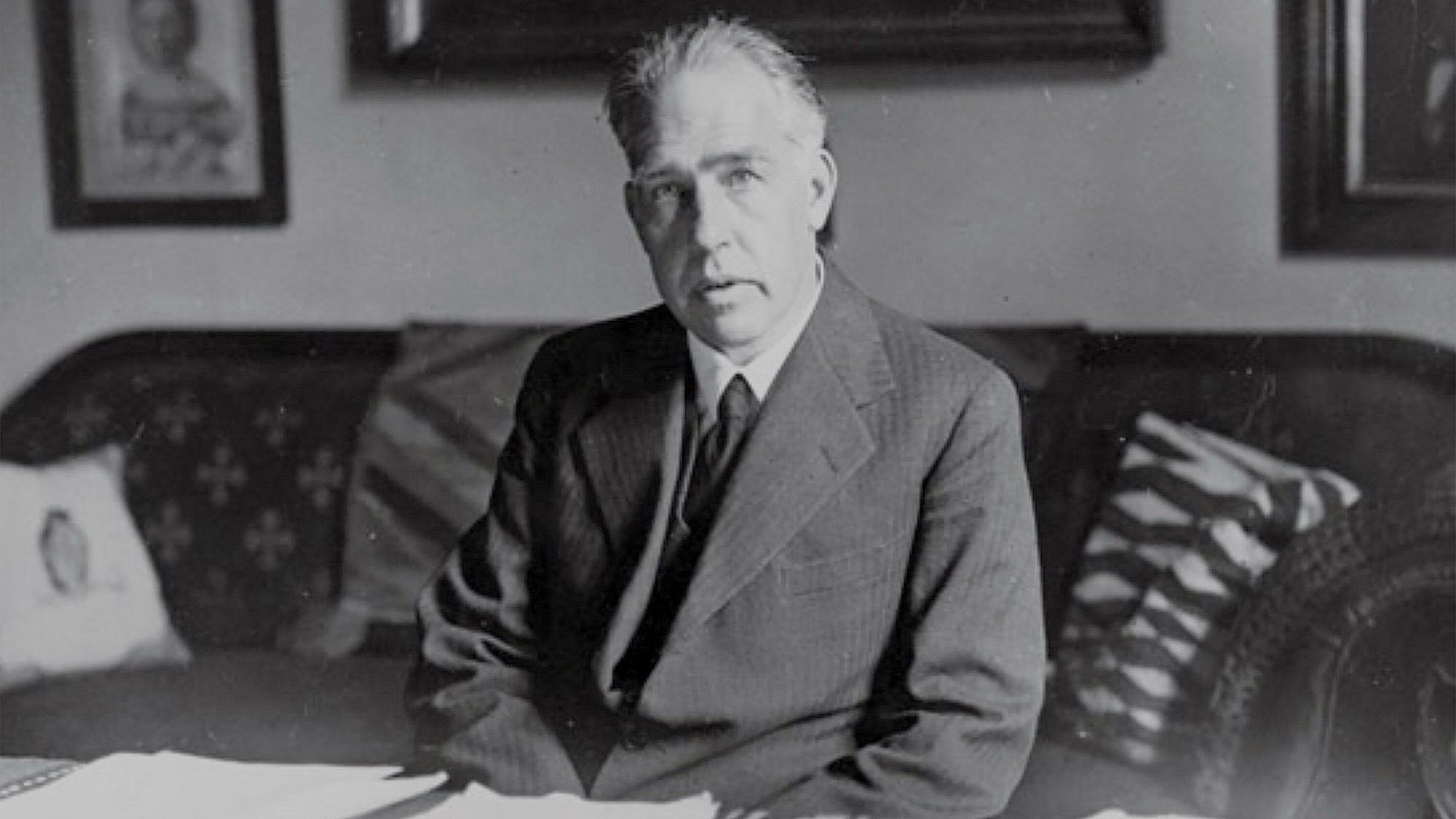Do you have any convenient hacks you have discovered and used? A hack is a clever trick or shortcut for accomplishing something. There are hacks for smartphones and cooking and driving. There are hacks for painting a room and reading a book and taking a test. Go online and start scrolling and you’re liking to browse through at least a few interesting hacks for some facet of life or work. Some hacks are quite useful.
What about in your leadership? Is being a good leader something that has hacks? Are there some great shortcuts to getting from where you are to the leader that you want to be? And what about leadership itself—are there ways to avoid delays or pitfalls to more quickly arrive at results? Let’s face it, we all want to take the most efficient and expedient paths in life and work, so a fast-lane for leadership sounds appealing. Is there one?
God and the shortcut. Christ-centered leadership is following the model of Jesus and His Father in our lives and work. God’s relationship with time, then, becomes something that we might emulate. When it comes to God’s timing, we must acknowledge that it is already perfect. Genesis 1:1 says, “In the beginning…” This is literally the creation of time. Before “In the beginning”, God existed complete in Himself and in eternity. When God creates time, it is imbued with His perfect sense of timing. That is, each moment is as He designed it. A second is exactly as long as it should be. God never hurries or plays catch-up. In fact, the opposite is true. The Bible teaches that “God is patient…” (2 Peter 3:8-10).
We should be grateful God is not in a hurry, or looking for a way to accomplish something more quickly. And there’s simply no need for Him to be, because He is all knowing. Nothing in our lives comes as a surprise to Him. He knows when everything is going to happen. Ecclesiastes 3:11 reminds us, “He has made everything beautiful in its time. Also, he has put eternity into man's heart, yet so that he cannot find out what God has done from the beginning to the end.”
“I want it all, and I want it now.” These are the lyrics from the song by Queen, I Want It All. It was a song written as a reflection of the culture some years ago, and it’s only gotten worse from there. A hack is most often designed to help us do something more quickly—to take less time and effort to accomplish the same purpose. But God’s teaching to us about time is consistent with His own character, and for Him this is never the case. God is never in a rush. His timing, in fact, is always perfect. When He does something, anything, it’s always at the moment He intended to do it, and for the purpose He intended to accomplish. In the Old Testament, the prophet Habakkuk teaches on God’s timing, saying, “For still the vision awaits its appointed time; it hastens to the end—it will not lie. If it seems slow, wait for it; it will surely come; it will not delay” (Habakkuk 2:3). In other words, trust God’s timing, always.
Godly leadership is about patience. Certainly you can find ways to hurry things along in life and leadership. But when it comes to following God’s direction for life and work, the instruction from the Bible is not to move in haste, but rather to practice patience. Patience is a characteristic of God, and one that He wants to grow in His leaders. Psalm 27:14 teaches us to “Wait for the Lord; be strong, and let your heart take courage; wait for the Lord!” This kind of leadership is at odds with the modern world. We simply don’t want to wait on anything.
Impatience, though, is not a sustainable leadership style. Rushing everything is the way some leaders function in order to not feel anything, or not invest emotionally in anyone. Hurry distances us from the world. It keeps us from seeing the value in people and how God is working through various circumstances. God knew this was our preference, to find a “hack” here and there that will allow us to skip as much discomfort as possible. And that’s why He gives us in Scripture this specific command: wait.
Don’t miss out on the journey. For the godly leader, consider the value in putting away your search for leadership hacks, and instead deeply engaging in the leadership journey itself. Personal development coach Gregg Vanourek explains, “When we take shortcuts, we miss the learning and growth associated with the toil of the normal route. We miss the wisdom and character-building that can come from experience and setbacks, from having to re-evaluate or push through. And we can feel a deep sense of regret for the poor choices we made.”[1]
Don’t hack your health—get the rest, nutrition and exercise you need. These all take time. Don’t hack your ethics. Questionable behavior can ruin a reputation in minutes. Don’t hack your finances. Get rich quick schemes never work. And who wants to be the next Bernie Madoff or Enron? Don’t hack quality. Safety and risk assessment are important. Customer service shortcuts will come back to bite you. Don’t hack education. Gaming the system with “Cliff Notes” won’t give you the knowledge and experience you’ll need to handle tough life decisions later on. And don’t hack your spiritual development and disciplines. Skipping time in prayer or worship will wreck your soul and open you up to temptation and sin.
Ecclesiastes 3:1 says, “For everything there is a season, and a time for every matter under heaven.” When it comes to leadership, God is a trustworthy time-manager. As a leader, there is great value in taking time, learning patience, and investing in moments and relationships that matter. Yes, like anything else in home and work, leadership can be hacked. Shortcuts do exist. But why take them? Remember God’s instructions to leaders, “The Lord is good to those who wait for him, to the soul who seeks him. It is good that one should wait quietly for the salvation of the Lord” (Lamentations 3:25-26).
[1] https://www.linkedin.com/pulse/you-taking-shortcuts-gregg-vanourek/
Cover photo: Shutterstock




























As a leader you do not have all the answers. Smart leaders surround themselves with people whose knowledge, skills and experience supplement their own.